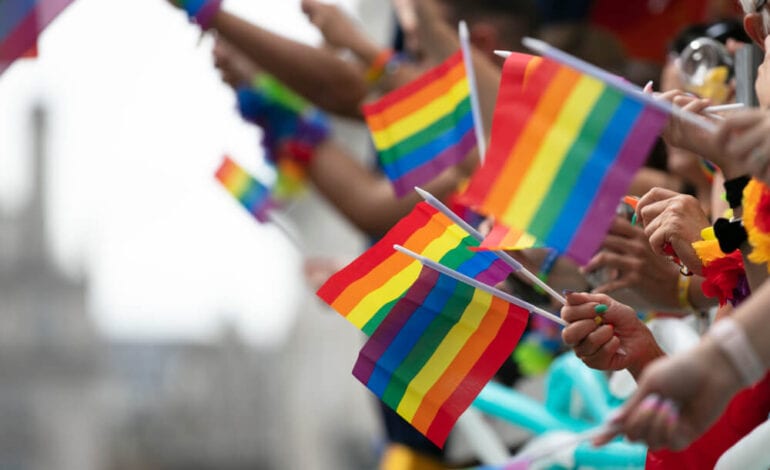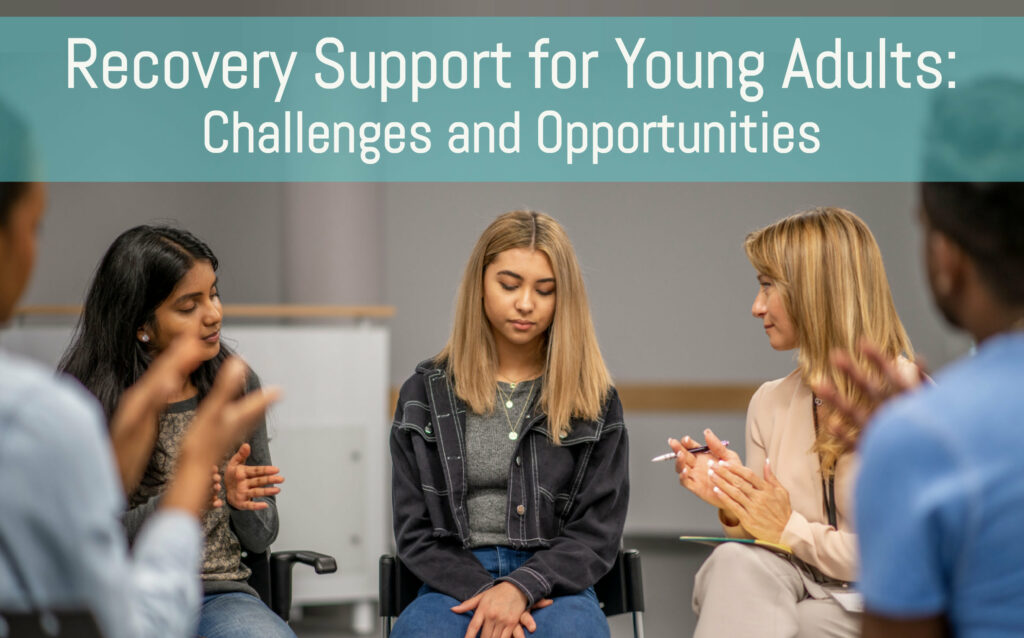How does your sexual orientation contribute to your addiction?
Are you comfortable in your own skin?
Have you told anyone your sexual orientation?
Do you have anyone in your life that supports your sexual orientation?
Have you told anyone about your struggle with addiction?
In the early those of addiction treatment, LGBTQ individuals need support, empathy, and inclusivity from their treatment provider and from their treatment support group. It is imperative that treatment providers are not only LGBTQ-friendly but are inclusive in terms of their language, their views, and their actions.
According to the Substance Abuse and Mental Health Services Administration (SAMHSA), the rate of substance abuse disorders among LGBT individuals is not well known, but studies indicate it may be 20% to 30%, which is significantly higher than the general population (9%). The treatment gap (individuals with substance use disorder who do not seek treatment) is exponentially higher for the LGBTQ community compared to the general population. It is important to recognize that LGBTQ individuals have a higher likelihood of developing a substance use disorder (and co-occurring mental health disorder) and are less likely to seek professional treatment for their disorder compared to the general population. But why is that?
Contributing factors to addiction in the LGBTQ community
Unfortunately, we live in a society where differences that go against the societal norm (heterosexual, cisgender) are often criticized, questioned, and stigmatized, and the LGBTQ community is no different. Individuals who identify as LGBTQ most likely experience rejection or shame from family, friends, and strangers after coming out, or they have not been able to reveal their sexual orientation out of fear of being judged by others. As a result, these individuals are living a deep-rooted secret that can slowly eat away at their self-identity and self-esteem. Living a “closeted” life, where individuals hide their sexual orientation from others due to fear of rejection, can take a huge psychological toll that can often lead to addiction and co-occurring mental health disorders. Discrimination, stigma, rejection, shame, internalized homophobia, and self-hatred are all unfortunate debilitating obstacles that members of the LGTBQ community face on a regular basis. Living in an unsupportive culture with these obstacles can drive many individuals in the LGBTQ community to rely on alcohol and drugs as a way to self-medicate from the prejudice they face in everyday society. Bars and clubs have a historical association for the LGBTQ community to meet and feel included, creating easy access to drugs and alcohol. Drugs and alcohol can temporarily relieve emotional pain and numb the feelings associated with depression, anxiety, loneliness, fear, and anger, but over time these feelings will re-surface, and the severity of the addiction can lead many individuals to spiral out of control.
Barriers to substance use disorder treatment in the LGBTQ Community
Imagine going to the doctor to receive medication because you are not feeling well and leaving their office feeling judged and defeated because of your sexual orientation. Maybe you were lectured on the transmission of HIV or treated differently once you disclosed your sexual orientation.
Going to a healthcare provider can be nerve-wracking for many individuals as often they are asked a handful of very personal questions. For individuals in the LGBTQ community, this fear and vulnerability can be heightened, and therefore seeking help for a mental health disorder is no different. Individuals in the LGBTQ community may be discouraged from seeking substance use treatment because of previous negative experiences in coming out to healthcare providers, anticipating negative reactions from the providers, or having heard about others’ bad experiences when seeking treatment. Is it worth feeling shame, isolation, judgment, and stigma in order to receive care?
Substance abuse treatment inclusivity in the LGBTQ community
The first step to breaking down barriers to substance abuse treatment for the LGBTQ community is to try to understand why these barriers exist and why these individuals are at risk and are hesitant to seek treatment. You do not necessarily have to walk their journey, but it is important to have insight and empathy. Although traditional addiction treatment approaches are appropriate for the LGBTQ community, it is the treatment environment that should be unique to this population. Providing an inclusive, non-judgmental LGBTQ-friendly treatment environment is important for positive outcomes. For example, having specific LGBTQ therapy groups and having treatment providers and guest speakers in the LGBTQ community participate in treatment is particularly important. Addiction treatment providers can include open LGBTQ-friendly verbiage on forms, such as “relationship status” instead of “marital status”; offer checkboxes for “partnered” for those who are not married; and have an option for transgender and intersex people to identify themselves as such if they choose. In addition, posters, brochures, and online discussion groups that depict LGBT individuals and symbols are all important signs of inclusivity. Individuals in the LGBTQ community want to be heard, want to be respected, and wanted to be treated with empathy and respect when it comes time for addiction treatment.
Individuals within the LGBTQ community should feel welcomed upon entering an addiction treatment center. It is normal to hesitate at first, but after the first group or individual therapy session, the client should be able to recognize that the therapist and treatment center are open-minded, inclusive, and culturally relevant to their community.




